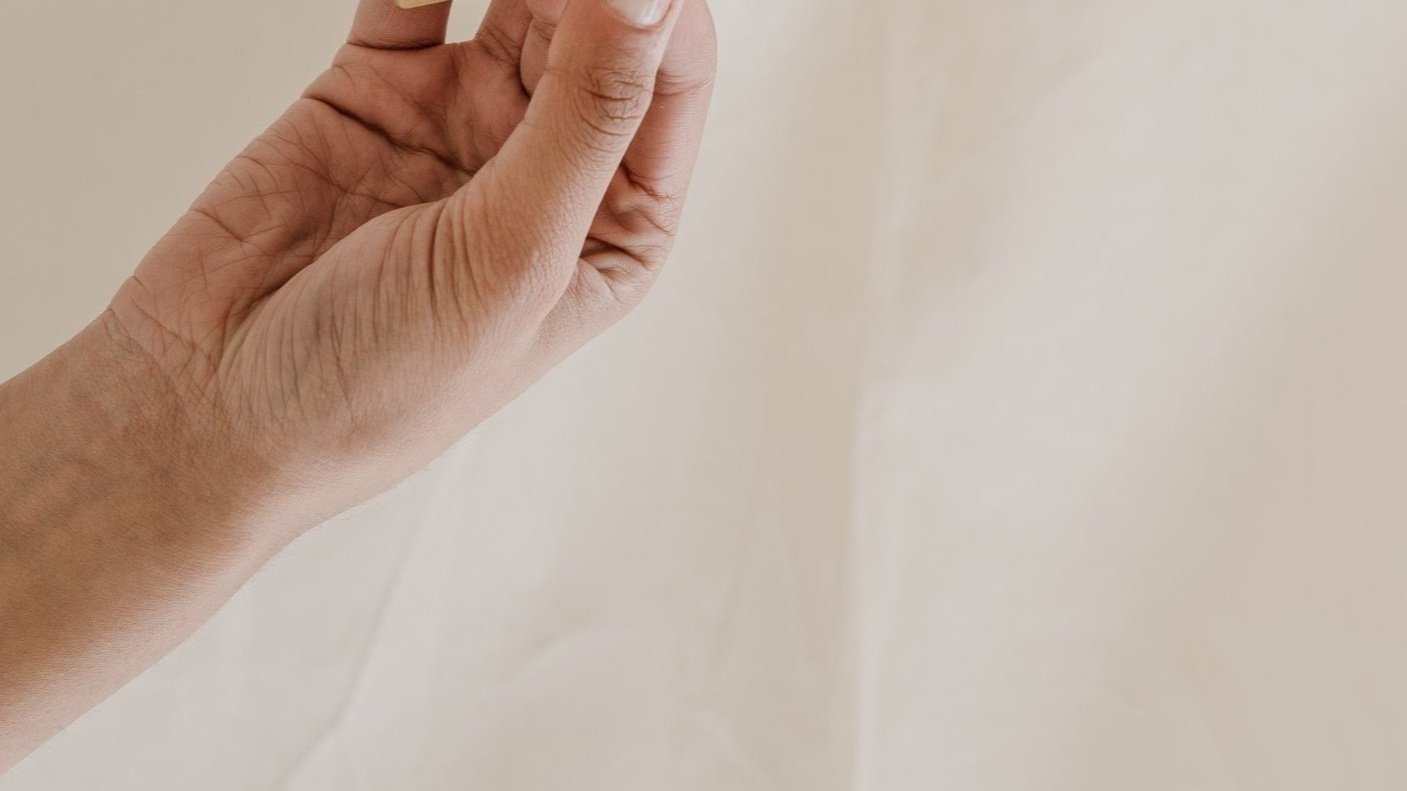
Frequently Asked Questions
WHAT IS ACUPUNCTURE?
Acupuncture is one component of traditional Chinese medicine that has been used for over 2,000 years to treat various health problems. It is a method of inserting fine needles into the body at specific points to help promote natural healing.
DOES IT HURT?
Some people will feel acupuncture doesn’t hurt at all, while others are more sensitive to it. Fine, sterile disposable needles are gently inserted through the skin into acupuncture points. Some may feel a pinch followed by a sensation of tingling, numbness, aching, traveling warmth, or heaviness.
We treat patients within the context of Eastern medicine and integrate Western orthopedic diagnostic techniques to inform our diagnoses and refine our treatment.
-
Your first visit will take about 60-90 minutes. I will do an extensive intake about your current condition as well as a health history and physical examination. Based on the findings, you will most likely receive acupuncture, and it may also be beneficial to do cupping, moxibustion, gua sha, or manual therapy. Any therapy used will be clearly explained and done only with your consent. You can wear loose fitting clothing that can be rolled above your knees and elbows or a sheet will be provided. After the needles are inserted, I will make sure you are comfortable and warm before I leave you to relax for 20-30 minutes. After treatment, we will most likely go over any exercise/lifestyle/dietary recommendations I have.
-
Magic…
or
Traditional Chinese medicine explains that energy called qi, (pronounced “chee”), and blood circulate through pathways or meridians in the body. Meridians are different from the circulatory, nervous, or lymph systems. They are the pathways by which qi and blood circulate through the body between the organs and tissues. An obstruction in the movement of energy flow through a meridian congests the flow of qi and blood which can cause pain and other disorders. Needling specific acupuncture points unblocks the congestion and reestablishes the free flow of energy through the meridians. From a Western scientific perspective, acupuncture stimulates the nervous system to release chemicals in the muscles, spinal cord, and brain to change the experience of pain or to trigger the release of pain-relieving chemicals and hormones which influence the body’s own internal regulating system. The improved energy and biochemical balance produced by acupuncture stimulates the body’s natural healing abilities and promotes physical and emotional well-being.
-
There are usually no side effects after treatment, and many people feel a sense of deep relaxation. Infrequently, one may feel mild disorientation which resolves with brief rest. Dizziness or a heavy, tired feeling can be due to lack of food. It is advised to eat a small meal prior to treatment. Occasionally after treatment, pain symptoms worsen or the patient experiences unusual fatigue. Flare-ups are a sign that the brain has stimulated the immune system to work on the problem and generally subside after one to two days followed by a reduction in pain level. Fatigue indicates either that the body is deficient of energy or that it has been holding a lot of tension. Some people experience an increase in energy after acupuncture treatments. It is important to reserve this energy for healing rather than engaging in strenuous activity.
-
That depends on the problem. While there are exceptions, usually if the problem is minor, say a sprained ankle, a few well-timed treatments should speed healing. On the other hand, a longstanding chronic condition will take more time to resolve, but based on a patient's response after an initial series of 4-6 visits, we can gauge how many more treatments may be needed, if any. The initial series of treatments can be considered therapeutic and diagnostic.
